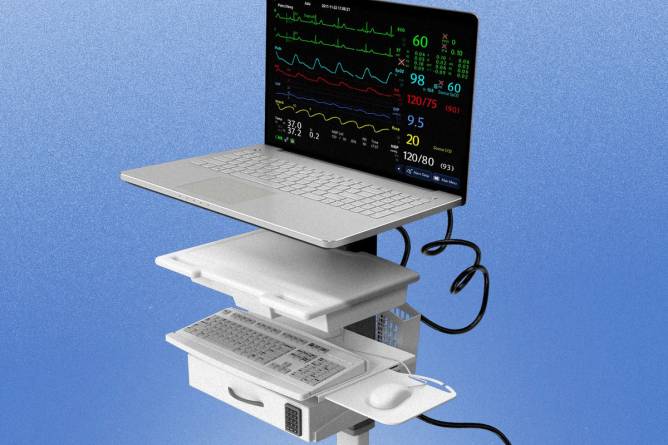Hospitals and third-party companies have long been cleaning, retesting, and reusing medical devices, including those labeled as single-use, an approach known as “reprocessing.” Often, this can help cut down medical waste and save money, and it doesn’t appear to compromise safety: As of 2000, the FDA requires reprocessed devices to meet the same formal regulatory standards of the original products, including premarket testing. In 2008, the Government Accountability Office found that “the available data, while limited, do not indicate that reprocessed [single-use devices] present an elevated health risk.” However, the use of these refurbished devices still faces resistance from original manufacturers, who profit more from the devices being disposed of after one use or reprocessing devices themselves, according to a 2020 review in Health Affairs. The medical reprocessing industry hopes a recent court ruling may change that. Find more about the reprocessing suit here.—CC | 









